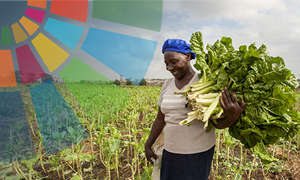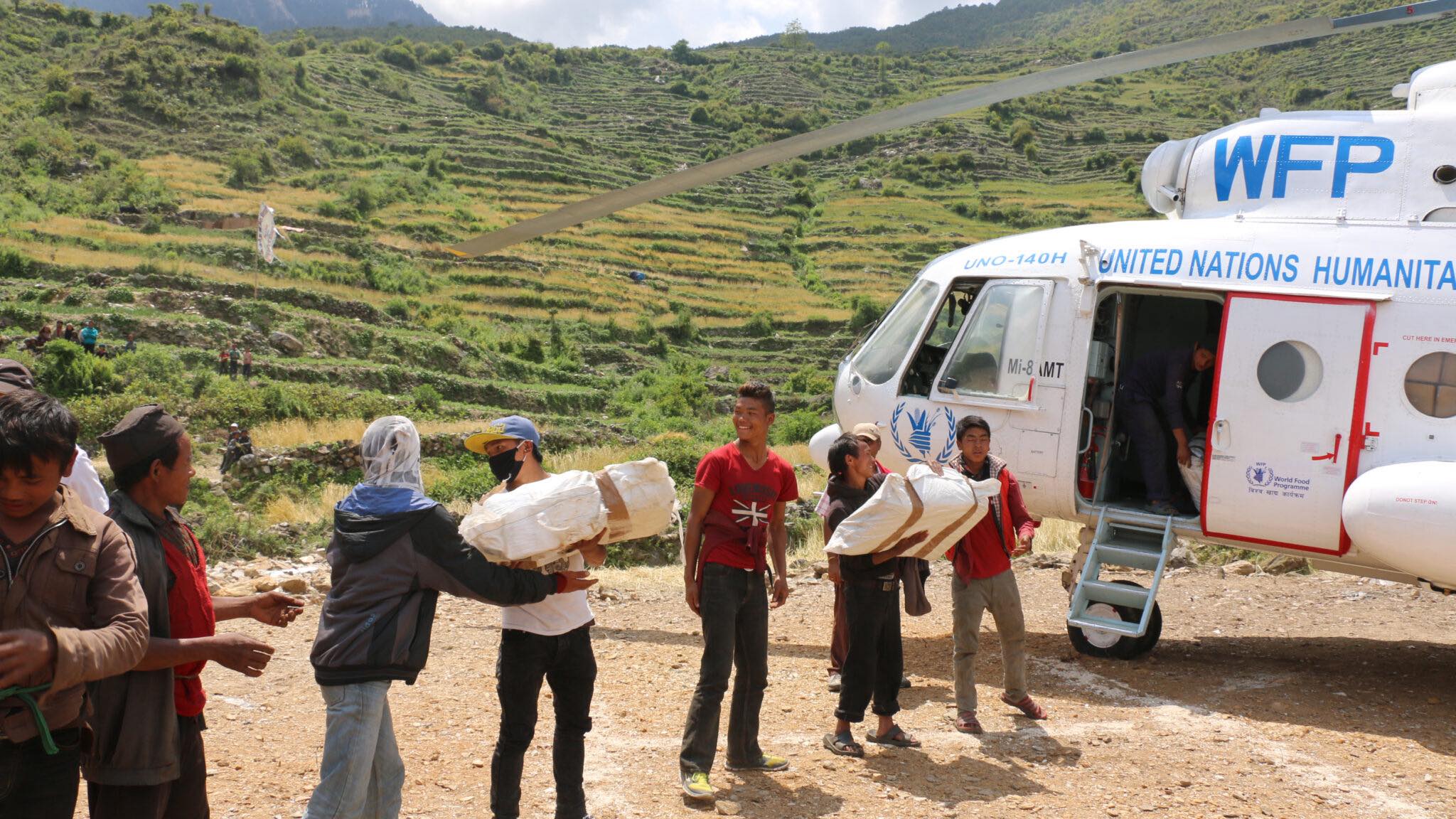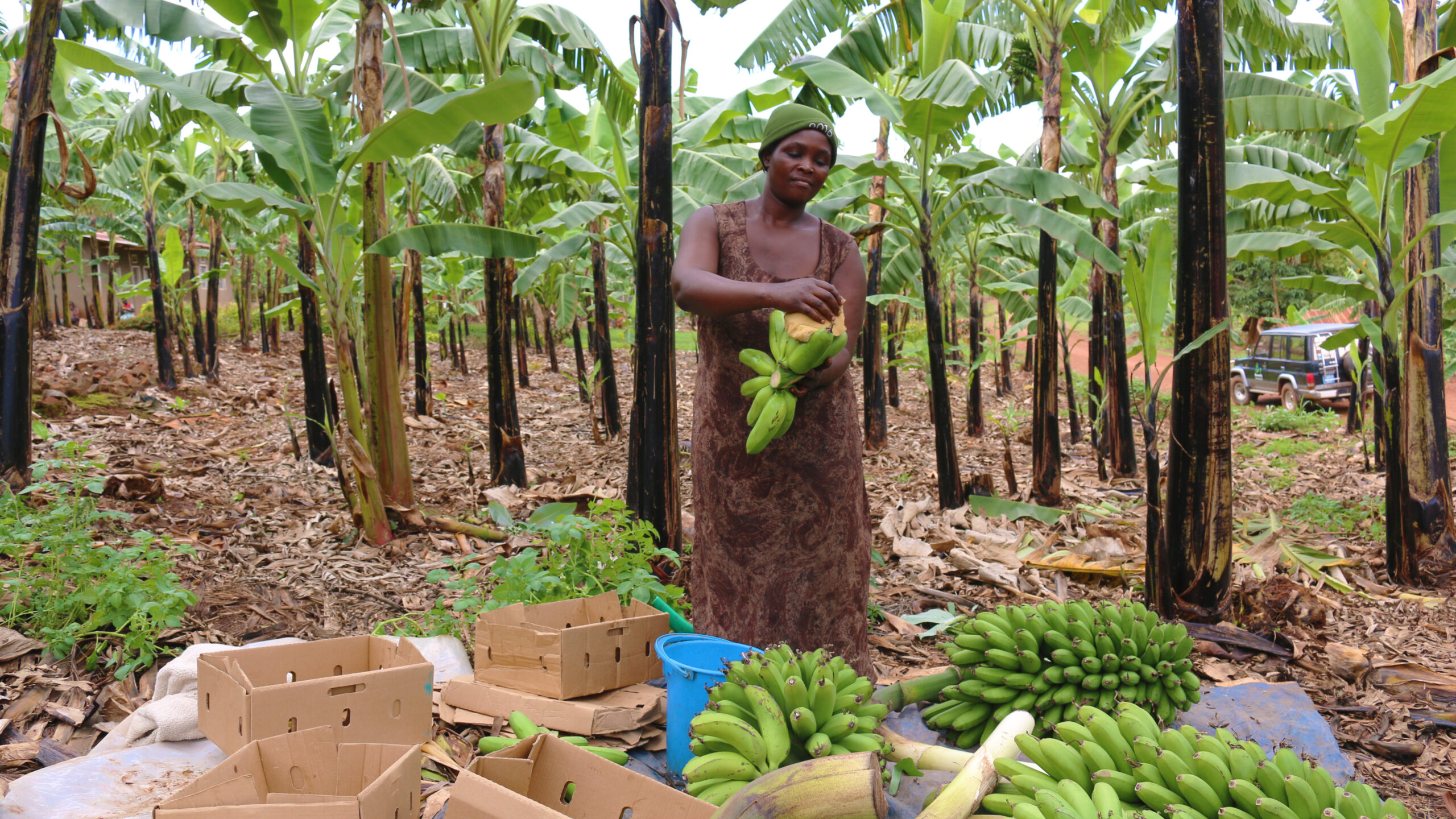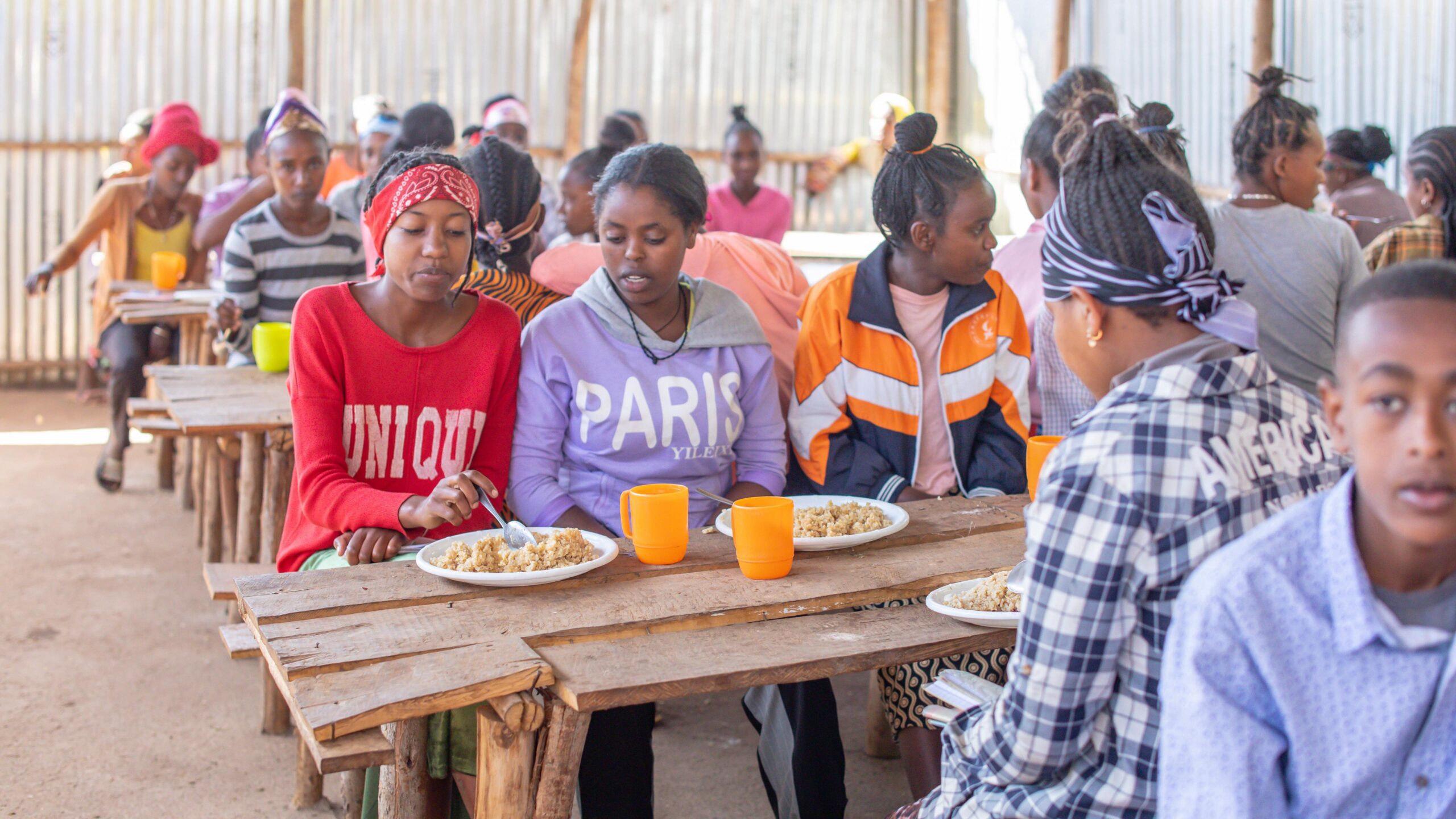Food systems at the global level and in many countries and regions are still failing to end hunger and malnutrition. With COVID-19 disproportionately impacting poor and food-insecure populations, levels of undernourishment continue to rise. Many food systems are based on production and distribution systems that are not sustainable. Poverty and inequalities between and within countries are widespread in agriculture and food systems, while climate change and environmental degradation impact both food systems and people. The fundamental human rights—including the right to food, the right to health, the right to education, the right to decent jobs, and the right to safe water and sanitation—are often violated. The UN Food Systems Summit (UNFSS) offers a historic opportunity to address these problems.
Science and innovation play a critical role in food systems transformation
The transformational roles of science must be recognized among the emerging actions proposed for the UN Food Systems Summit. Actually the critical role of science—social science and natural sciences—is increasingly noted by Summit stakeholders. This was evident in consultations of the Scientific Group for the Summit with the G20 Meeting of Agricultural Chief Scientists (G20-MACS) this week under the Italian government’s Presidency. Science and innovation are essential to accelerate the transformation to better food systems. A better food system is more efficient and sustainable, protecting its most vulnerable members. Thus, investments in science- and technology-based innovations must be accompanied by institutional and policy innovations and societal dialogues to enable full inclusion of poor and marginalized populations, including smallholder communities.
Scientists and innovators from diverse disciplines must be engaged in this effort. Bioscience innovations, for instance, hold great promise to meet a number of food systems challenges. Similarly, advances in digital innovations and engineering can make food systems more sustainable, reduce food waste and loss, and improve hygiene. Many of these opportunities will only materialize for the poor if innovations are adapted to local conditions, and are accessible and affordable to all producers, especially small-scale producers. Moreover, open information sharing is needed to ensure that users are aware of the opportunities, costs and benefits of new technologies, based on available scientific evidence. Greater attention to employment effects and a sharper focus on the poorest is also called for, as well as attention to ethical considerations.
Social sciences and policy research, including innovative modeling of food systems, economics and legal studies, provide another critical input. Research into political and governance systems at global, national, and decentralized levels, including fiscal and finance systems and rights-based approaches, can shape the design of framework conditions that are conducive to food systems transformation in different contexts.
Foods systems must become more equitable and resilient
Climate change is the defining issue of our time. Agriculture, including forestry, and related land use changes are part of the problem, but must also be part of the solution. They are the single largest driver of multiple environmental pressures, and large contributors to greenhouse gas emissions and air pollution. Boosting sustainable production calls for complex measures. Moving quickly toward climate-neutral, climate-positive, and climate-resilient food systems means employing significant carbon pricing and technologies and having a sustainable circular bioeconomy as a concrete vision.
Food systems must be based on sustainable land, water and forest uses and protection of ecosystems. Water is becoming an increasingly scarce and polluted resource. Most fertile land is already cultivated, and one third of global land area is degraded. Soil degradation must stop. Locally-adapted sustainable intensification of existing agricultural systems is needed, as are science-based innovations to keep—and regenerate—productive and healthy soils, land and water. Innovations in agro-forestry can contribute to large-scale productive land use combined with ecological and climate-positive ecosystem services. At the same time, food systems concepts should integrate forest systems, as they contribute to livelihoods and provide wild foods.
Science-based innovations for sustainable ”blue foods” that protect and harness oceans and coastal areas can play a growing role in ending malnutrition and in building healthy, nature-positive, and resilient food systems. The knowledge and innovation potential of small-scale actors in the blue foods systems should be recognized and supported.
Equitable access to healthy diets must be a central result of food systems transformation. Currently more than 3 billion people cannot afford healthy diets, and more than 1.5 billion cannot afford a diet that meets required levels of essential nutrients. Policy innovations are needed to incentivize availability and affordability of nutritious foods. The widespread prevalence of unhealthy diets results in the largest indirect costs of the malfunctioning food systems.
As food systems become more global, dynamic and complex, they are also becoming more vulnerable to new challenging and systemic risks. The Food Systems Summit should identify actions that quickly reduce the problem of hunger due to armed conflicts. In addition, policy innovations are needed to reduce food system risks—including novel and locally adapted insurance products, social safety nets and early warning mechanisms.
Food systems transformation offers huge benefits for people and planet, and the costs are comparatively low. The UNFSS must address financing. Institutional innovations should include mobilization of innovative financing—for instance, “End Hunger Bonds” backed by new Special Drawing Rights from the IMF, a dedicated fund for hunger reduction, more official development aid (ODA) and private sector commitments. Such financing should be considered in the larger context of climate change and rebuilding from COVID-19.
Strengthening capacities and the science-policy interface
Continued and expanded investments in institutional and human capacities for science and innovation are needed in order for countries to find their own ways toward sustainable food systems. Emerging economy countries need to spend at least the equivalent of 1% of agricultural GDP on public food and agriculture research. The education of coming generations of students—and teachers—should systematically include the multiple ways in which humans generate, distribute, and consume food in all regions and cultures. Investments should go into improving data, methods, models and tools for all food system components and actors, as well as for building or enhancing shared research infrastructures.
To tap the potentials of science, public funding of food systems science and related research partnerships need to expand. Nations must revisit their low levels of research spending on agriculture and food systems. More attention should be paid in particular to strengthening local research capacities and expanding research collaboration among public and private sector research. Intellectual property rights issues should be addressed when they hinder innovations that can serve food and nutrition security and food safety.
Food systems science and policy need a stronger framework to shape constructive and evidence-based interaction, for follow-up to the Summit and for the long term. Science-policy interfaces at local, national, and international levels must be strengthened. New institutional arrangements should be considered. A strong international independent voice for science-informed and evidence-based food systems policies is needed that also connects international with national science-policy interfaces.
Joachim von Braun is Director of the Center for Development Research (ZEF) at the University of Bonn and Chair of the UN Food Systems Summit Scientific Group.
This post draws on a presentation by Joachim von Braun made to the G20 Meeting of Agricultural Chief Scientists (G20-MACS) on June 15, 2021, and on a statement of the Workshop of the Scientific Group for the UN Food Systems Summit with Academies at the Pontifical Academy of Sciences (PAS) in Vatican City on April 21-22, 2020. The full statement and further information about the workshop can be found here.







